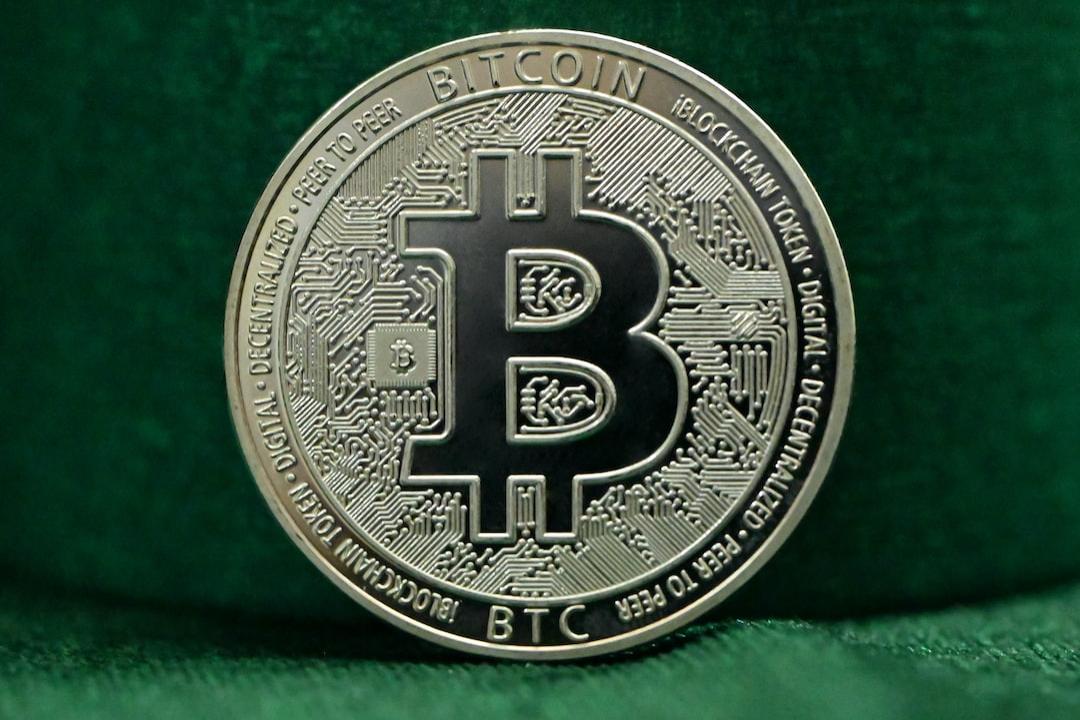OKX Official Announcement: Suspension of Web3 DEX Aggregator Service
OKX officially announced today that, in order to comply with regulatory authorities, it will suspend the DEX aggregator service for its Web3 wallet, leaving the community puzzled. On the 11th, Bloomberg provided clues in its report, indicating that sources revealed OKX officially obtained the EU MICA license in February of this year. However, it is currently facing potential penalties from the EU due to hackers using OKX’s Web3 services for money laundering. In light of the OKX incident, some KOLs in the community have stated that other exchanges are also urgently adjusting the relevant functionalities of their Web3 wallets.
(Background: North Korea’s Bitcoin reserves have surged by 13,000 coins, making it the third-largest holder, second only to the US and the UK. How is the Lazarus Group impacting the global crypto arms race?)
(Context: Analyzing the Bybit hacking incident: How do security and compliance drive healthy platform development?)
Bloomberg reported on the 11th, citing sources, that Bybit hackers utilized the DEX services provided by OKX’s Web3 wallet to launder $1.5 billion in illicit funds, drawing the attention of regulatory bodies. Previously, OKX officially obtained the EU MICA license in February, which means that OKX is now subject to the MiCA regulations. The report quoted sources stating that hackers using OKX’s Web3 services for money laundering have prompted regulators to consider whether “Web3 platforms fall under the scope of MiCA?” If so, OKX may face penalties from the EU.
However, in response to Bloomberg’s report, OKX CEO Star tweeted back, claiming that the report was misleading:
OKX Web3 wallet is a pure self-custody software, as everybody knows. OKX DEX is a DEX aggregator and provides people with the cheapest routes to various DEXs. It’s exactly the same product offered by a lot of popular web3 companies. According to Bloomberg report, Bybit appears to imply that OKX assisted hackers in laundering money, claiming: “Hackers have laundered about $100 million of stolen crypto assets through the OKX Web3 platform.” This is incorrect and misleading.
OKX announces suspension of Web3 DEX aggregator
However, less than a week later, OKX’s official website unexpectedly announced today (17th) that in order to comply with regulatory authorities, OKX will suspend the Web3 DEX aggregator service. Below is the full announcement:
To our community and broader audience:
We would like to respond to some recent events surrounding OKX Web3. In the past few days, we have encountered targeted media attacks questioning our integrity and operational methods. Although we have always focused on building and protecting the industry, we cannot ignore the timing of these attacks—particularly as we actively combat financial crime.
Recently, we detected that the Lazarus Group is misusing our DeFi services. Meanwhile, we have noticed that competitive attacks are increasingly attempting to undermine our efforts. However, we will not retreat; instead, we choose to act decisively.
After communicating with regulatory authorities, we proactively decided to temporarily close the DEX aggregator service for further upgrades to prevent future misuse. We understand that transparency is crucial, and we are working with blockchain explorers to correct incomplete labeling information. Our goal is to ensure that explorers correctly identify the DEXs actually processing transactions, rather than mistakenly viewing our aggregator as a trading execution point.
Additionally, we have implemented the following measures:
- A hacker address detection system for the Web3 DEX aggregator, which went live several days ago.
- A hacker address tracking system that updates the latest wallet addresses of hackers in real-time and blocks them within the CEX system.
These measures demonstrate our determination to stay ahead of malicious actors and protect user security.
We want to make one thing clear: OKX Web3 is a DEX aggregator, not a custodian of customer assets. Our responsibility is to integrate liquidity from multiple protocols to provide users with the most efficient peer-to-peer trading experience. However, some individuals intentionally misinterpret our platform, which not only impacts OKX Web3 but also undermines the entire industry and its regulatory dialogue.
In this industry, trust is paramount. That is why we are committed to strengthening security measures, ensuring transparency, and complying with regulatory standards. We also hope the community can see the nature of these attacks—they are deliberately misleading actions aimed at distorting our role and its value to the ecosystem.
We will continue to innovate, protect users, and advocate for a more transparent and responsible digital asset environment. Thank you for your support, and please look forward to more updates!
Community KOL: Other exchanges are taking countermeasures
On the other hand, regarding OKX’s sudden suspension of the Web3 DEX aggregator, the community was thrown into a panic, worrying that the DEX functionalities of other exchanges’ Web3 wallets would also be suspended. In response, community KOL AB Kuai.Dong stated:
The EU’s regulation of OKX’s wallet has a significant impact, and we have already heard that several exchanges are working overtime to rectify:
- Wallets of various exchanges will be split into independent apps;
- Wallet apps will no longer include built-in DEX and cross-chain functionalities;
- Wallets will no longer offer official financial services such as CeDeFi.
AB Kuai.Dong added: Currently, only Bitget is reportedly unaffected, mainly because after acquiring BitKeep, the two apps were not integrated for various reasons, so they are not included in this regulatory scope.
Furthermore, Colin Wu, editor of Wu Blockchain, also commented on this matter:
The sudden suspension of OKX DEX services has left many confused, questioning the reason. In fact, it is due to pressure from EU regulations. With North Korean hackers laundering nearly $100 million through Bybit, the EU’s language in meetings has been quite severe. While the EU’s operational capacity is weak, its political correctness is top-notch. The key point is that OKX just obtained the MiCA license.
It is indeed challenging. A brand’s primary business needs to be fully compliant, while its subsidiary business must achieve decentralized operations without permission, making it difficult for regulators to distinguish between the two.
It is still unclear whether OKX Web3 will implement certain human control mechanisms or delineate different regions, such as directly blocking EU users or even reinstating KYC (similar to Binance). In the future, it may no longer build infrastructure but directly utilize third-party services.
This is somewhat regrettable for OKX’s long-term investment, but it seems to be an inevitable dilemma facing Web3 DeFi. Unless it is completely without a centralized entity, like Bitcoin, it is impossible to truly achieve permissionless operations and withstand regulatory pressure.
According to testing from Dongdong Blockchain, the DEX aggregation function provided by OKX has indeed temporarily ceased. However, the OKX Web3 wallet remains a self-custody application, so users can still interact with various protocols without any issues. In simple terms, this limitation makes the user experience less convenient (previously, the OKX Web3 wallet offered aggregation services for token exchanges); users now need to search for aggregation services themselves. Overall, it does not impact the core functionalities.



